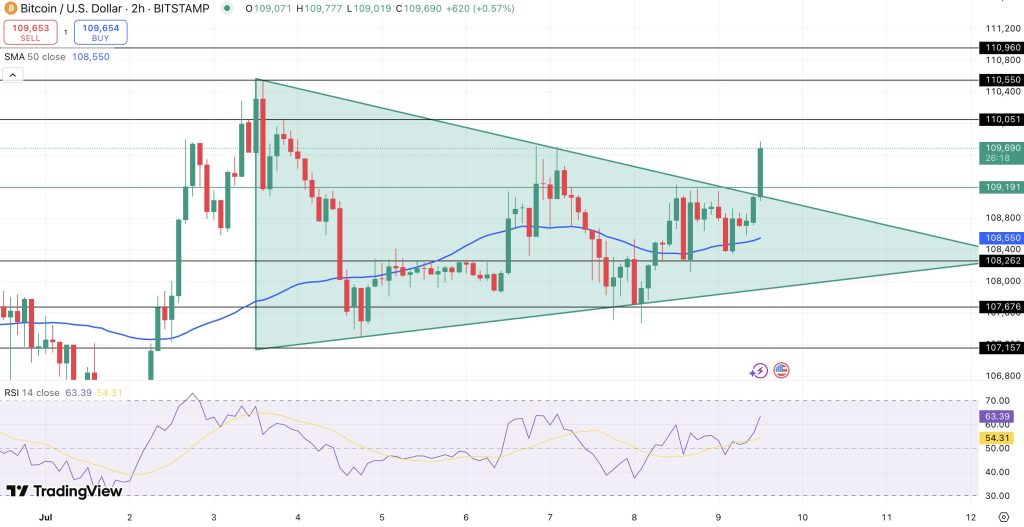Receive free Markets updates
We’ll send you a myFT Daily Digest email rounding up the latest Markets news every morning.
Stocks continued to slide on Thursday as the recent run of underwhelming corporate earnings and a rise in government bond yields undermined confidence in this year’s equity rally, while sterling touched a five-week low after the Bank of England raised interest rates by a quarter of a percentage point.
Europe’s region-wide Stoxx Europe 600 index fell 0.8 per cent, on course for a third successive session of losses. The index had declined nearly 3 per cent since the start of the month, as investors responded to weak corporate earnings and economic data.
France’s Cac 40 lost 0.7 per cent and Germany’s Dax gave up 0.9 per cent on Thursday, while London’s FTSE 100 was down 0.8 per cent.
Futures contracts tracking Wall Street’s benchmark S&P 500 slipped 0.3 per cent, indicating further losses after the index’s biggest one-day drop since April on Wednesday after Fitch’s surprise downgrade of the US sovereign credit rating. Nasdaq futures 100 fell 0.5 per cent ahead of the New York open, with Apple and Amazon are due to report second-quarter earnings after the closing bell.
Investors say a weak earnings season and a recent rise in government borrowing costs — partly driven by the US Treasury raising its issuance target for the coming quarter on Wednesday — have called into question the stock market’s rise in 2023. The US 10-year Treasury yield rose 0.07 percentage points to a nine-month high of 4.15 per cent.
“You’ve got a backdrop where earnings are actually falling and bond yields are going up,” said Paul Jackson, global head of asset allocation research at Invesco. “It’s not necessarily the best environment for stock markets, which, let’s not forget it, had a very good start of the year.”
“I think there is maybe a bit of profit-taking going on, that is being helped by the rise in bond yields and the Fitch downgrading of US government debt.”
Sterling fell to its weakest level against the dollar since late June of $1.2623 after the BoE raised its benchmark rate to 5.25 per cent, as expected by the majority of investors.
Falling inflation in the UK allowed the central bank to slow the pace of its tightening campaign, after it surprised markets with a larger half-point increase at the previous policy meeting in June.
Yet the BoE policymakers left the door open for further tightening at their next meeting in September, as prices in the UK continued to grow at a faster pace than in other large economies.
Earlier in Asia, Hong Kong’s Hang Seng index fell 0.5 per cent, while South Korea’s Kospi lost 0.4 per cent and Japan’s Topix dropped 1.5 per cent.
China’s benchmark CSI 300 was the only outlier in the region, adding 0.9 per cent after fresh data showed that the country’s services activity expanded faster than expected in July. The Caixin services purchasing managers’ index rose to 54.1, well above the 52.4 forecast.
Credit: Source link











